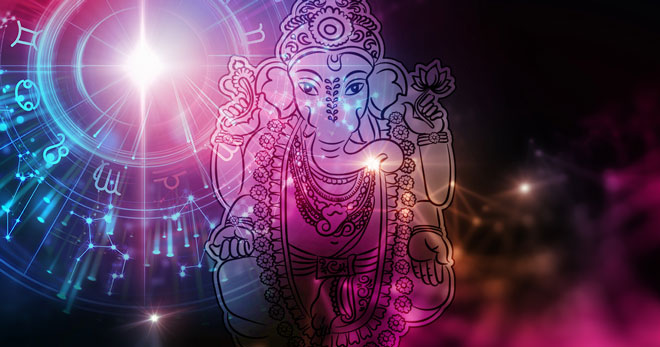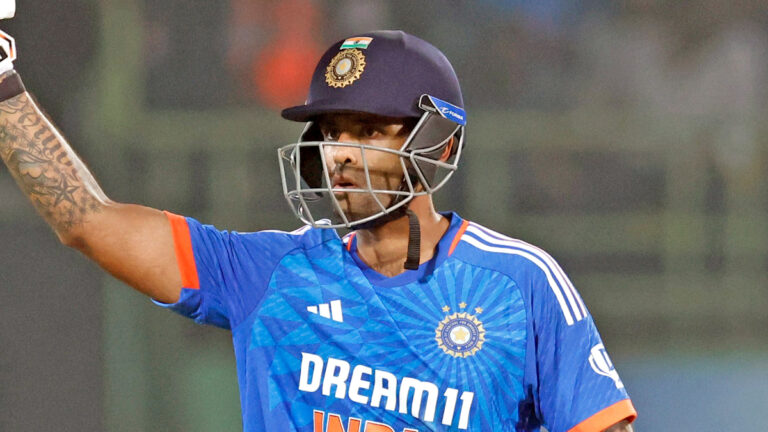Vedic astrology or Jyotish Shastra or Hindu astrology is one of the oldest astrology in the world. It is the science of heavenly bodies that shows the effects and positions of the planets at the time of the person’s birth. This later represents the personality traits, future, career, nature, behavior, relationship, marriage, and many more things about the person.
Vedic astrology is initially developed in ancient India, which was said to be the eyes of the Vedas formulated by Rishi Parashara. It is the oldest and most accurate tool used since ancient times in India for predictions, forecasting, and interpretation. It is still being used by millions of people in modern times as well.
Here are 10 interesting facts about Vedic astrology that one should know better in detail.
1. Vedic Astrology originated thousands of years ago
As per the estimates from Puranic time and the archeological record, Vedic astrology has the age of about 5000BC. It was first recorded in the ancient scripture called Rig Veda. It is difficult to find the exact date of astrology due to the transfer of knowledge and Hindu Scripture from generation to generation without scripting in the text.
2. Astrology is a part of Vedas
Vedic astrology has its root in the Vedas. The Vedas have six supplements known as Vedangas or the limbs of the Vedas. Among these Jyotish Vedangas is a part of it. Rishis have maintained the practice of Jyotish shastra parallel with the Vedas for thousands of years.
3. Subsidiary notes
The credit for modern astrology goes to Rishi Parashara and Rishi Jaimini (son of Rishi Parashara). Parashara was the grandson of Maharishi Vashishtha and also the father of Ved Vyas. He has written a book named Jyotish Shastra on astrology where he mentioned the principles of astrology. After learning astrology from his father and sage Ved Vyas, Rishi Jaimini developed a new system of astrology called Jaimini Astrology.
4. Different from western astrology
Vedic astrology is much different from western astrology. The planets are the same but western astrology takes into account the position of the ruling planet and Vedic astrology considers the position of all the planets for predicting the future. In western astrology, the people born under the same ruling planet might be said to have a similar future. Whereas according to Vedic astrology the positions of all the planets together affects the future and therefore, the lives of all are different.
5. Role and Importance of Moon in Vedic Astrology
Planets are those heavenly bodies that influence human fate. Since the moon is a natural satellite, it is recognized as the planet as it directly impacts humans on fate. The moon is considered an important planet in the birth chart according to Vedic astrology. The moon plays a vital role in the field of astrology while predicting human fortune.
6. Movement of the earth changes over the years
The movement of the earth is changed by 23 degrees after thousands of years of its revolution and rotation. Vedic astrology is based on the sidereal zodiac system (based on the current position of the constellation) that changes every 72 years. Hence it is more advantageous and accurate than western astrology which follows the tropical zodiac system (based on the sun’s positioning on every calendar day).
7. Signs, planets, and houses in Vedic astrology
There are 12 zodiac signs, nine planets, and 12 houses according to Vedic astrology. The 12 signs are distributed among 12 houses and 9 planets are placed in different houses as per the birth chart or horoscope chart. The house and the planet together determine the individual future. Hence Vedic astrology is nothing but interpreting the meaning of this arrangement in one’s life.
8. Planets are deities
The most interesting thing about Vedic astrology is that the planets are considered deities. Navagraha is nine heavenly bodies or deities that influence human life in Hindu astrology. Thus, Navagraha is the Vedic god which can influence different aspects of human lives. So, Navgraha is worshiped to mitigate the effects caused due to the unfavorable positioning of the planets.
9. Nakshatra in Vedic Astrology
Not only the planets affect the life of the individual but also the stars, which is another fact in Vedic astrology. In Vedic astrology, Nakshatra or constellations, or stars are taken into account while predicting the future of an individual. There are 27 Nakshatras in astrology and are considered as a means of worshipping the divine. Each star has its deity and powers. each plays a vital role in determining the characteristics of an individual. Everyone who is born on this earth has their own birth star, which depends on the placement of the Moon in one of the 27 stars.
10. Transit of planets in Vedic astrology
Transit is nothing but the never-ending motion of planets which creates effects depending on where they are moving in the horoscope. When a planet interchanges from one sign to another, it is called a planetary transit. The consequences of planetary transits can be known at different times in life because some planets change signs speedily while others take years. Thus, Vedic astrology provides a clear picture of what a person can expect to experience during a planetary transit.
CREDIT: VEDICFEED
















